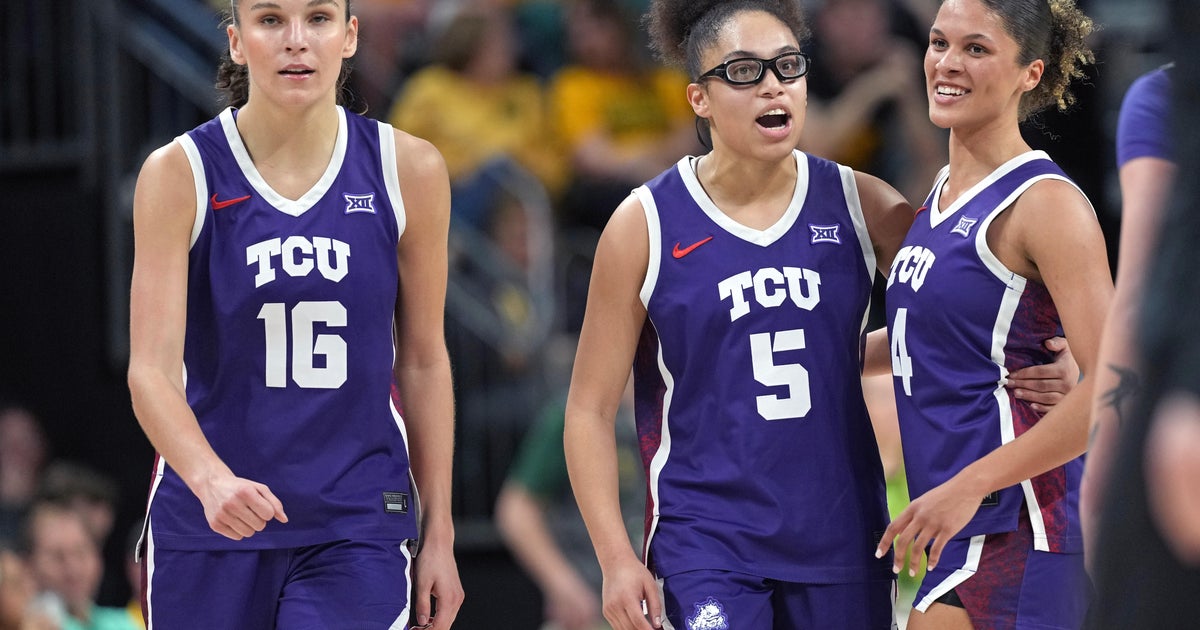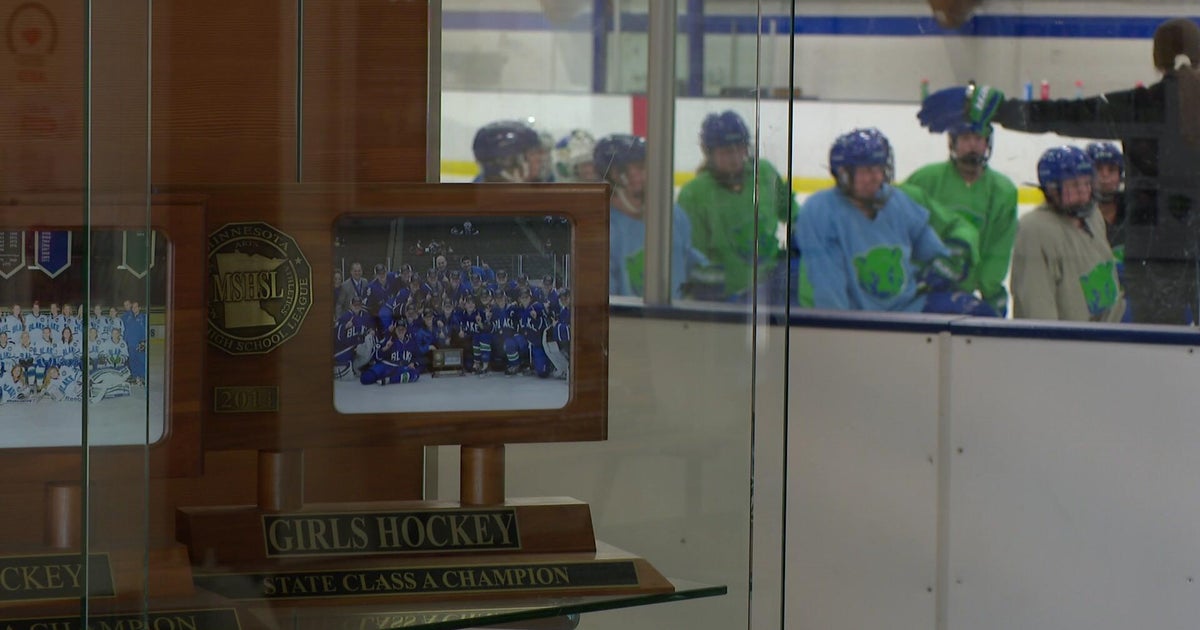Why Ivy League Rejects Earn More Money
Do you need to attend an Ivy League school to capture the best jobs and salaries?
Heck no. In fact, you could be just as likely to become financially successful in a career if you are rejected from an Ivy League institution.
No kidding.
That is a shocking conclusion of a new study by a pair of economists who generated headlines nearly a decade ago when they first debunked the Ivy League earnings myth. This latest research is even more compelling than the original findings.
Ivy League Earnings Myth
Before you can appreciate how rejection from an Ivy League school can be a plus, here's a little background on their first study:Alan B. Krueger at Princeton and Stacy Dale at Mathematica Policy Research originally discovered that the average earnings of graduates of Ivy League and other highly elite schools was similar to the earnings of students who got accepted into these schools, but opted to attend a college lower on the academic food chain. A student, for instance, who got accepted into Yale, but chose Penn State instead would likely enjoy the same earnings success.
This research shocked many people who assumed that the education you receive at a place like Columbia or Princeton is superior or at least the networking opportunities at these schools would be unparalleled. The study, however, suggested that high-achieving students, regardless of where they obtain their bachelors degree, enjoy the same earnings success.
Ivy League Rejection = Success
In their follow-up study, the economists concluded that the earnings parity of the original group of students, who are now in their 50s, remained the same. When they looked at a newer crop of graduates, who started college in 1989, they discovered something even more amazing. Students, who possessed high standardized test scores, yet were rejected from Ivy League-caliber institutions, were banking the same average earnings as Ivy League graduates.A rejected Yale applicant with a high SAT score, for example, who ends up attending Miami University or Tulane would earn as much, on average, as the Yale grads.
"The highest ranked school that rejected a student is a much stronger predictor of that student's subsequent earnings than the average SAT score of the school the student actually attend," the study observed.
In an email exchange, here is what the pair of economists told me:
Students who apply to, and are accepted by, elite schools are likely to be high-achievers. High-achieving students are likely to have high earnings regardless of where they go to school.
Here's the bottom line:
If you a stressed about getting into an Ivy League school remember that getting rejected from one of these universities could be your ticket to financial success.
Lynn O'Shaughnessy is author of The College Solution and she also writes a college blog for CBSMoneyWatch.
Ivy League image by altopower. CC 2.0.



